Europe
From the fall of Napoleon to Revolution in Russia and from the rise of Hitler to the fall of the Berlin Wall this period is one of major upheaval in Europe. We see the collapse of monarchies and empires and the changing status of women and working men. This is a time that witnesses the mass displacement of peoples and genocide on a scale never seen before it is also a time that sees changes in medicine and technology that make fundamental changes to our everyday lives. Read more
Sort by:
Date (Newest first) | Title A-Z
Show:
All |
Articles |
Podcasts |
Multipage Articles
-

Ending the French Revolution
ArticleClick to view -
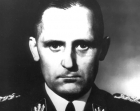
The spy who never spied
ArticleClick to view -
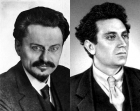
Polychronicon 165: The 1917 revolutions in 2017: 100 years on
ArticleClick to view -
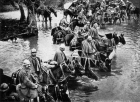
Verdun: the endless battle
ArticleClick to view -
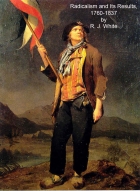
Radicalism and its Results, 1760-1837
ArticleClick to view -
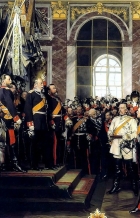
Bismarck after Fifty Years
ArticleClick to view -
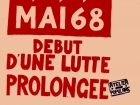
Polychronicon 162: Reinterpreting the May 1968 events in France
ArticleClick to view -

WWI and the flu pandemic
ArticleClick to view -

St Helena: Napoleon's last island
ArticleClick to view -

The Battle of Waterloo: Sunday 18 June 1815
ArticleClick to view -

Driver Ben Cobey 8th Royal Field Artillery
ArticleClick to view -
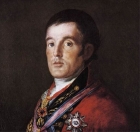
The British soldier in the Revolutionary and Napoleonic wars
ArticleClick to view -

Medical aspects of the battle of Waterloo
ArticleClick to view -
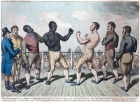
Waterloo's prizefight factor
ArticleClick to view -
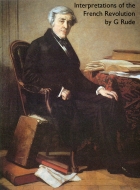
Interpretations of the French Revolution
ArticleClick to view -
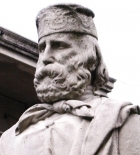
Out and About with Garibaldi
ArticleClick to view -
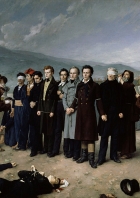
Liberalism in Nineteenth-Century Europe
ArticleClick to view -
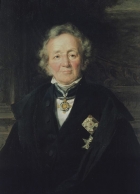
Leopold von Ranke - Pamphlet
ArticleClick to view -
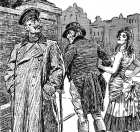
Gary Sheffield: Origins of the First World War
ArticleClick to view -

Richard Evans Medlicott lecture: The Origins of the First World War
ArticleClick to view

